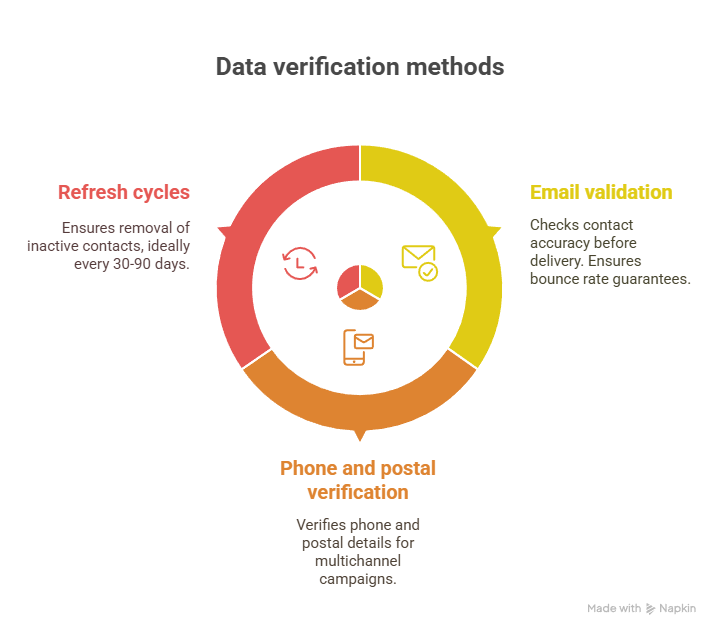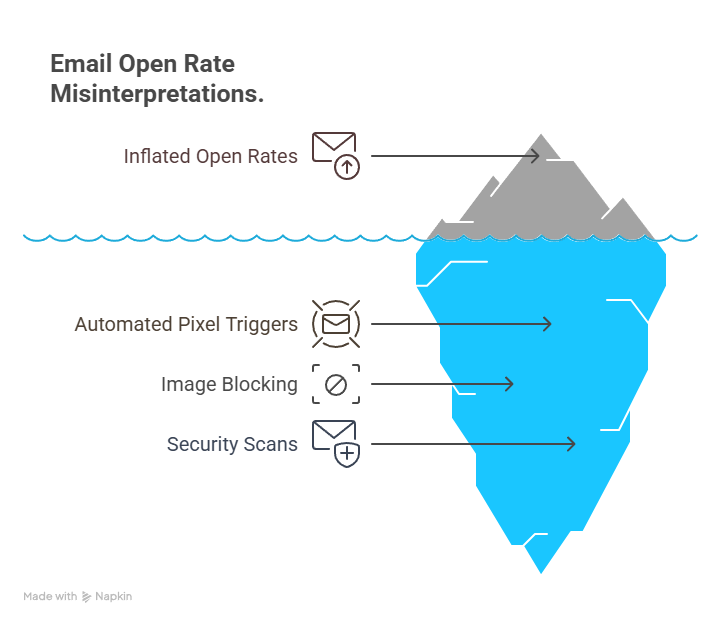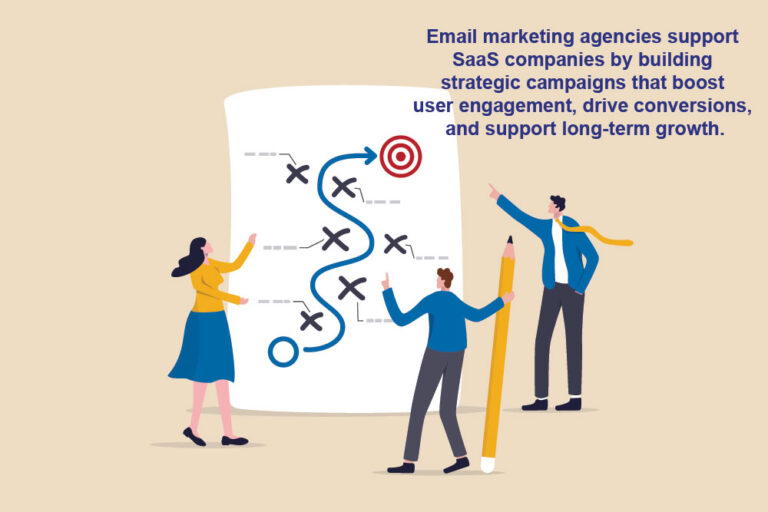Big data is more than a marketing buzzword. The ability to collect and analyze massive amounts of information gives businesses valuable insights into everything from who their customers truly are to how these customers make their most important buying decisions. Because the technology that supports big data is relatively new, not everyone’s up to date on what it can do. Learn the facts about big data and how it can transform your marketing strategy.
Myth: Big Data Is the Future
If people tell you big data is the future of marketing, they’re behind the curve. The future for big data is happening now. Early adopters who started using marketing automation software within the past 18 months are already pulling away from those using conventional marketing tools, and that gap’s likely to widen. The myth here isn’t that everything from marketing decisions to online communications will involve big data in the near future; it’s that it already does.
Myth: Big Data Takes a Big Team
When big data capability appeared on the scene, its first applications were in science, technology and health care sectors. Biologists used it to understand how proteins were shaped. Astrophysicists used it to scan the skies and discover new galaxies. It didn’t take long for commercial applications to make their way into the market, and Fortune 500 companies put their sprawling IT teams to work on development. As with any leap forward in technology, the power of automation has increased as it’s become more compact, putting sophisticated lead-building tools and analytics within reach for B2B businesses of any size. You don’t need a big data analysis team to tap into the power of big data; you just need the right software and analysts who know how to use it.
Myth: Big Data Is Stagnant
If marketing data never changed, you wouldn’t need automation to test, process and analyze information. Customer preferences shift over time. So do your clients’ expectations, your marketing approach and your audience composition. Because these major shifts take place gradually, you need a long view to see them – the long view that data science provides. By going beyond demographic and firmographic data to look at behavioral information, you can understand and adjust to how your audience interacts with you, refining and improving your marketing approach with every campaign.
Myth: Big Data Is Impersonal
Small to mid-sized companies sometimes shy away from more automation in their marketing and sales departments. They hear the term ″automation″ and think of impersonal or mechanized service instead of the hands-on, personal approach that competitive businesses rely on to set them apart from their competition. For marketers, big data actually leads to better customization by freeing your marketing and sales teams to concentrate on creative output and connecting with customers while automation does the rest.
© Reach Marketing LLC 2015 All Rights Reserved.




